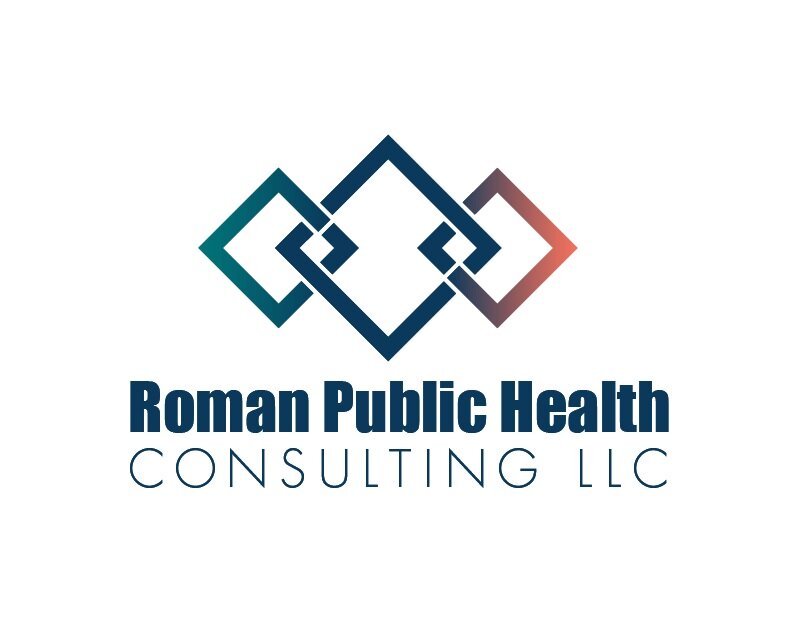If I Could Do It Over… The Classes I Would Take In My Master of Public Health (MPH) Program
As a public health consultant, I hear from lots of Master of Public Health (MPH) students. Many are looking for advice as aspiring consultants and entrepreneurs. One thing I always mention to students: the classes I WISH I had the time or opportunity to take in graduate school.
My MPH concentration was social and behavioral science. At that time (2004-2006), we tended to stay in our concentration silos. We took a few electives in other departments, but I think many of us health education types tended to shy away from courses that were heavily quantitative or business focused. It felt intimidating to be in class with students who specialized in these areas.
I wish I had more confidence back then to explore some of these topics because they would absolutely support my work as a consultant. Of course some of these classes just weren’t available back then and I’m SO jealous of current MPH students that have access to education and training on these incredible subjects!
*Note: I am linking to course descriptions at my alma mater (the Boston University School of Public Health) and others as an example, but many schools of public health offer courses on these topics.
1. Leadership and Management
If I had known that someday I would be running my own business, I would have signed up for ALL the courses on leadership, management, and budgeting. Here are some course examples:
Leadership and Management for Public Health: Public health professionals rarely work alone to make anything happen. Thus, the goal of this course is to develop your ability to be a change agent for public health by furthering your abilities to communicate with, engage, and organize others in the pursuit of specific projects and change efforts.
Principles and Practices in Non-Profit Health Care Accounting: Topics covered include accrual accounting, fund accounting, budgeting, and cost concepts. Analysis and interpretation of financial statements for decision making by the nonfinancial manager are stressed.
2. Communication
When you have your own business, you need to communicate with various audiences about your credentials, talents, and successes. And depending on your niche- you may lead communication initiatives on behalf of your clients as well. Here are some great relevant course examples:
Communication and Collaboration for Public Health Leaders: This course prepares students to develop and implement communications strategies. Students will learn how to communicate complex topics in clear and engaging ways to the public, media, elected officials and others outside of the public health discipline.
Social Media and Health: The goal of this course is to provide the knowledge and skills to strategically select and use social media effectively for a healthcare or public health organization based on best practices, as well as how to apply these practices on their own professional online presence.
3. Grant Writing
In my experience, many clients seek out consultants with a grant writing niche. While I believe it’s important to gain grant writing skills in real life jobs and internships, there is also great benefit in getting started with a strong foundation from a graduate course like this:
Grant Writing for Public Health Programs: This course will provide students with an overview of the grant writing process, the different types of funding organizations, and practice-oriented deliverables, including the creation of a grant for an actual external organization and outreach to external stakeholders to acquire letters of support. Students will understand the components of grants, how to develop relationships with funders, and collaborate as members of a team to craft, edit, and submit a proposal.
4. Data Analysis and Visualization Skills
Data skills are a fantastic niche for a public health consultant. Clients are looking for data viz experts to take boring reports and transform them into clear, understandable deliverables like brief reports, infographics, and other visual products. You are definitely doing yourself a favor by learning skills like:
Geographical Information Systems (GIS) for Public Health Data Analytics: This course teaches principles and applications of Geographical Information Systems to analyze public health data.
Visual Communication in the Digital Health Age: In addition to exploring popular digital vehicles for visual storytelling, such as infographics, data visualization, video and mobile, the course will also present real- world challenges, such as ethics and regulations in digital communications, as well as business processes.
5. Interview and Career Preparation
So much of consulting is networking, bringing on new clients, and maintaining positive relationships with past/current clients. So the more you can build your interpersonal skills and professional network, the better! I’ve written previously about the Dos and Don’ts of online networking, so you know I feel strongly about this! I’d recommend signing up for all the career development courses, seminars, and special events that you can. For example, at Boston University they offer:
Career PREP: This career development course is designed to give you the tools and techniques to effectively market yourself during the job search process and advance in your career. It will also enable you to research potential career options and to manage your job searches and careers as proactively and effectively as possible.
Comment Below! I’d love to hear from readers, whether you are a consultant or not:
When you look back- knowing what you know now- what courses do you wish you took in your MPH, DrPH, or related program?
What held you back from taking those courses?

